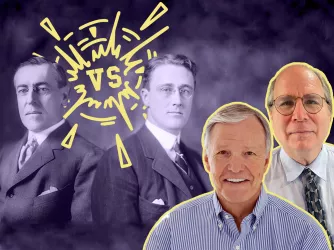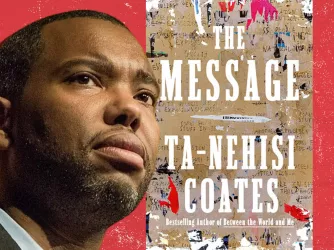Table of Contents
Columbia University: The Hits Keep Coming
The fallout from last Wednesday’s Minuteman protest at Columbia University continues to elicit critical response from a wide variety of sources, not least among them New York Mayor Michael Bloomberg.
In an article published in Saturday’s edition of The New York Times, Bloomberg expressed his displeasure with the protestors’ actions, calling the incident an “outrage.” Bloomberg was also highly critical of Columbia University President Lee Bollinger, stating on his weekly radio program that “Bollinger’s just got to get his hands around this…. There are too many incidents at the same school where people get censored.”
The Mayor’s familiarity with Columbia’s history of trampling free speech rights on campus means that Bollinger’s “say one thing, do another” act is garnering his university a highly undesirable reputation as a place where free speech is praised but not practiced. (Either that, or the Mayor is an avid Torch reader.)
And as usual, Bollinger’s official response to the brawl says all the right things: “Let me reaffirm: In a society committed to free speech, there will inevitably be times when speakers use words that anger, provoke, and even cause pain. Then, more than ever, we are called on to maintain our courage to confront bad words with better words.” Whether or not such admirable rhetoric translates into long-overdue policies and practices clearly establishing freedom of expression at Columbia remains to be seen.
Recent Articles
FIRE’s award-winning Newsdesk covers the free speech news you need to stay informed.

Wilson vs. FDR: Who was worse for free speech?
Podcast
Woodrow Wilson or Franklin D. Roosevelt: which president was worse for free speech? In August, FIRE posted a , arguing that Woodrow Wilson may be America's worst-ever president for free speech. Despite the growing recognition of Wilson's...

Right, left, and in-between: Can we bring our differences to the table?

How to survive Thanksgiving
